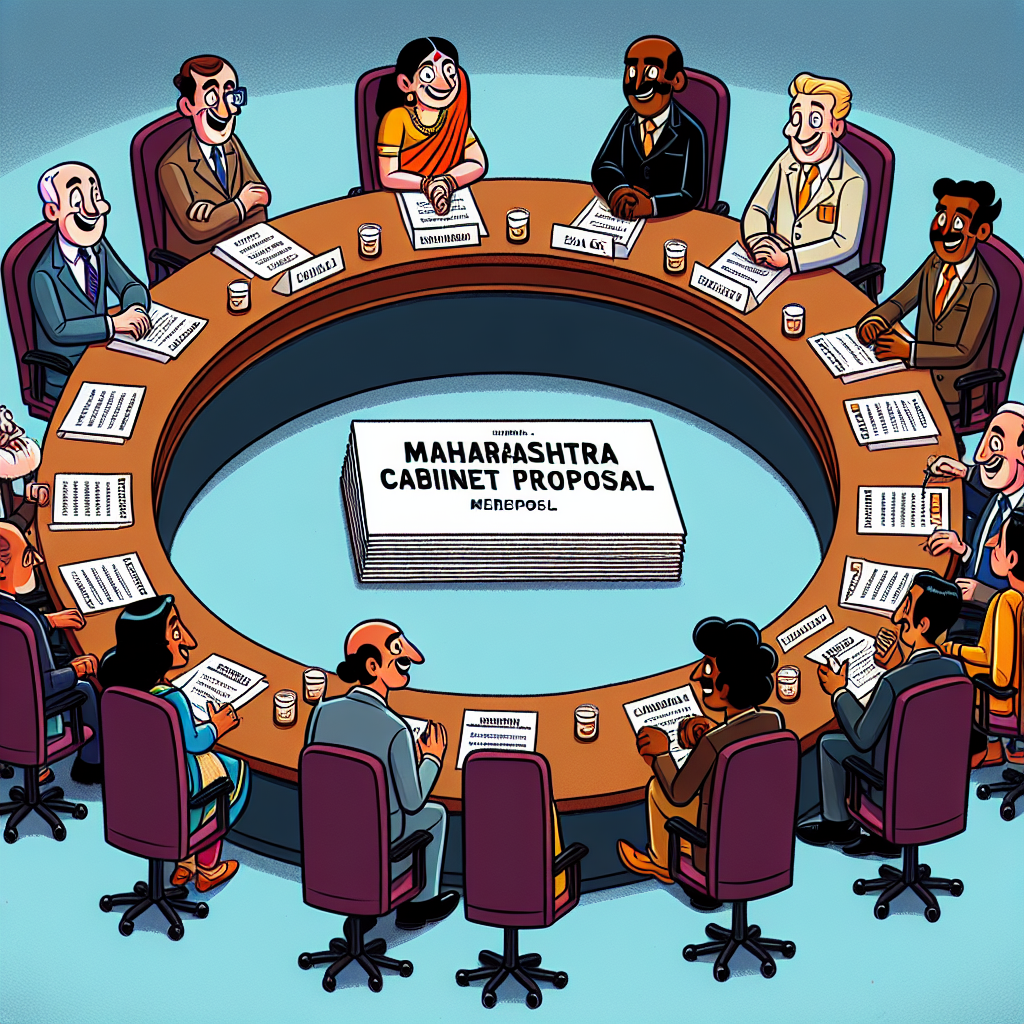Odisha Backs Historic 'One Nation, One Election' Plan
Odisha Chief Minister Mohan Charan Majhi praised the Union Cabinet's approval of the 'one nation, one election' proposal. The decision, recommended by a committee led by former president Ram Nath Kovind, is expected to bring political stability and spur economic development. The Opposition BJD also supports the move, citing prior actions in Odisha.

- Country:
- India
Odisha Chief Minister Mohan Charan Majhi on Wednesday welcomed the Union Cabinet's approval of the 'one nation, one election' proposal.
The Union Cabinet, chaired by Prime Minister Narendra Modi, approved the proposal based on the recommendations from a panel led by former president Ram Nath Kovind, confirmed Union minister Ashwini Vaishnaw.
'The approval of #OneNationOneElection by the Union Cabinet under the leadership of the illustrious Prime Minister of India Shri @narendramodi is a significant and welcome step,' Majhi stated in a post on X.
He emphasized that this move would not only bring political stability but would also positively impact the economic development of the country. 'We heartily thank the Honorable Prime Minister for such a historic decision,' he added.
Majhi further noted that implementing 'one nation, one election' would bolster national security and accelerate development.
Opposition BJD spokesperson Lenin Mohanty pointed out that the state had already implemented simultaneous elections in 2004 and supported the Cabinet's latest move.
Mohanty also highlighted that various initiatives passed by the BJP government historically remained unimplemented.
Per the Kovind committee's recommendations, the plan includes simultaneous elections for the Lok Sabha and state assemblies, followed by synchronised local body polls within 100 days.
The panel also proposed creating an 'Implementation Group' for proper execution and called for a common electoral roll and uniform voter ID cards, overseen by the Election Commission of India in collaboration with state election bodies.
(With inputs from agencies.)
ALSO READ
Union Cabinet gives nod to 26.46-km Rithala-Kundli corridor of Delhi Metro to enhance connectivity to Haryana: Ashwini Vaishnaw.
Union Cabinet approves opening of 85 new Kendriya Vidyalayas, 28 new Navodaya Vidyalays: Union Minister Ashwini Vaishnaw.
Today every expert, every investor in the world is very excited about India, says PM Narendra Modi at Rising Rajasthan Investment Summit.
Double engine government in Haryana is working at double speed, says Prime Minister Narendra Modi after launching Bima Sakhi Yojana of LIC.
Hindu growth model of PM Narendra Modi encompasses speed, transparency and inclusivity that will show development path to world: Fadnavis.










